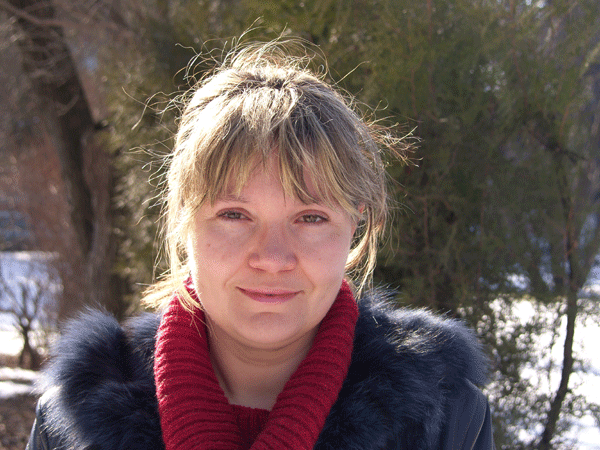
The Apuseni region (Western Carpathians) has been raising problems for decades in terms of sustainable local development. One of the most beautiful regions in Romania and one of the richest in terms of natural and cultural environment, is today one of the poorest and less developed in Europe.
After 40 years of communism and a 18 year post-1989 crisis, most industrial and mining enterprises of the area closed and people have been subject to unemployment, poverty, underdevelopment and different kind of manipulation.
A huge, controversial and very destructive open-cast mining project has been promoted during the last ten years, endangering natural and cultural heritage, as well as traditional communities.
People find themselves in confusion, without any local future expectations, and most of the young leave the area for never returning.
Europe is losing one of its last surviving models of traditional communities, while the region has high and acknowledged potential.
Among the consequences of the poor education and development level of certain areas, unsuitable projects risk to be started which would eventually lead to ecological and social disaster with international impact.
Not to mention the negative impact of underdevelopment inside the EU which can be unfortunately so easily spread through immigration.
During the last four years I have worked on several documentary film projects in the area which allowed me to fully understand the complex background of the region and its problems.
What is needed in this resourceful area is not outside help, but projects that empower people to mobilize and make themselves the changes they want to happen.
The key words for a possible solution are EDUCATION and AWARENESS.
Social project description:
During several weeks the young selected students will learn basics about using the shooting equipment and will be trained into expressing their own ideas and feelings in front of the camera, as well as into investigating and actively listening to others.
This would allow them not only to learn new skills and therefore earn more confidence, but also to get a voice of their own and of their community for expressing a personal point of view on the problems of their region.
The training would be focused onto the techniques of filmmaking and leading an investigation, but an accent will be put on raising awareness of the own and local identity and potential.
Training would be offered by film / TV professionals, specialized and experienced PV professionals1 as well as local teachers with qualified sociological and psychological support, so that we can offer a complex approach and take the best advantage of different teaching expertise.
The films resulting from the students’ activity will be edited, screened in the local rural communities they come from, in their high school, as well as in a relevant location in the district’s major town.
A DVD will be edited containing their work, available for free use in local communities and education institutions. A website will be developed allowing the participants to express ideas and spread them among their generation.
Moreover, due to the involvement of the Television in the project, we hope to offer regular coverage to the whole project through a weekly short report in a youth broadcast.
In addition to the already mentioned coverage, a 52 min television documentary version will be produced (hopefully co-produced and broadcast by the Romanian Television) possibly accompanied by a 90 min DVD or theatrical release version.
The documentary is intended to bring visibility not only to the project but to the region in its whole, and therefore increase the impact on the local sustainable development. The style we chose is merely observational, following the progress of the PV work group and including the most relevant parts of the participants’ films and even exercises.
We expect this to result into a new and highly original point of view – from the inside – on the region and its real problems, as well as a possible model of developing self awareness and self confidence inside communities.
A project by Cristina Oancea
